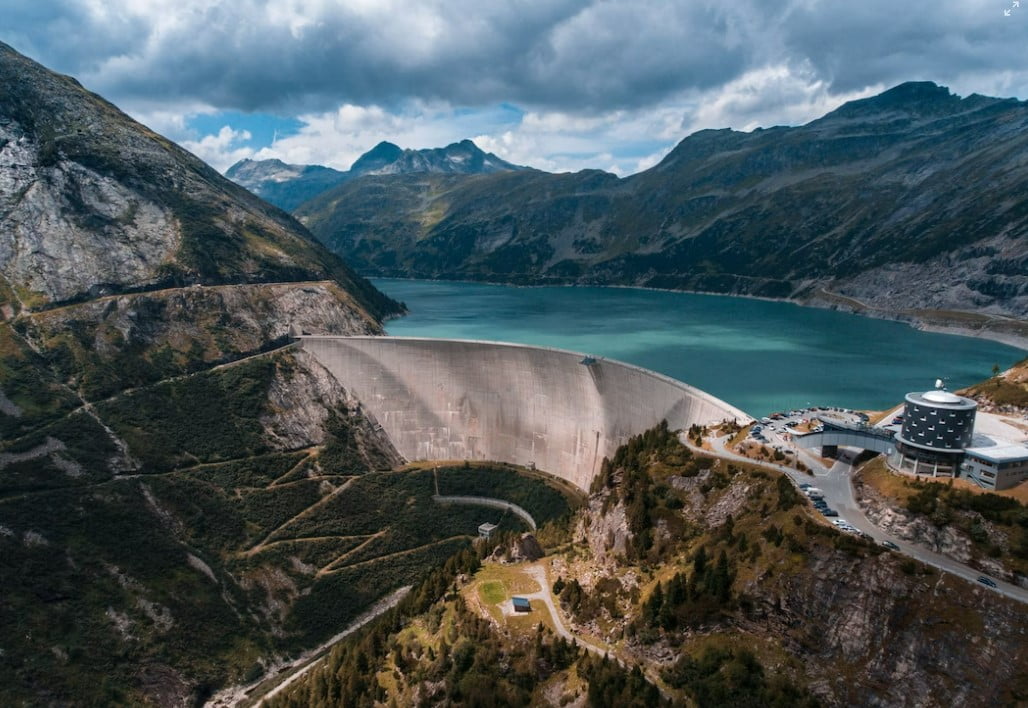A consortium made up of EDF, TotalEnergies, and Sumitomo Corporation have been selected as the strategic partners by the Government of Mozambique for the development of the Mphanda Nkuwa hydropower project (MNK).
Located on the Zambezi River, 60 kilometers downstream from Cahora Bassa and 60 kilometers from Tete City, MNK is currently foreseen as a 1,500 MW run-of-river hydropower project, for which the consortium signed today:
- A joint development agreement with the Gabinete de Implementação do Projecto Hidroeléctrico de Mphanda Nkuwa (GMNK), Electricidade de Moçambique (EDM) and Hidroeléctrica de Cahora Bassa (HCB). EDM and HCB will own 30% of the project while the consortium will own 70% of it (EDF holding a 40% stake, TotalEnergies 30% and Sumitomo with 30%).
- A framework agreement with the Ministry of Mineral Resources and Energy (MIREME), paving the way for the future concession agreement.
Throughout the development of the MNK project, the consortium will leverage EDF’s extensive hydropower experience and reputable technical expertise, TotalEnergies’ know-how in developing large and complex integrated energy projects worldwide, especially in Africa, and Sumitomo’s global experiences in financing strategic IPP projects, including in Sub-Saharan Africa.
The MNK project would increase Mozambique’s available electricity production capacity by more than 50% and could power more than 3 million households in Mozambique and the surrounding region. It would help promoting economic and social growth in Southern Africa and make a significant contribution to the region’s energy transition by providing reliable, competitive, renewable electricity.
The next development step will consist in performing additional studies, which output will help defining the best options in terms of environmental and social impact while ensuring the technical and financial viability of the project. Supported by the African Development Bank and the World Bank through IFC (International Finance Corporation), the project will implement the highest international standards in environmental, social and governance criteria. In particular, the consortium will follow rigorously the required steps and methodology as well as work closely with all stakeholders prior to project implementation.

